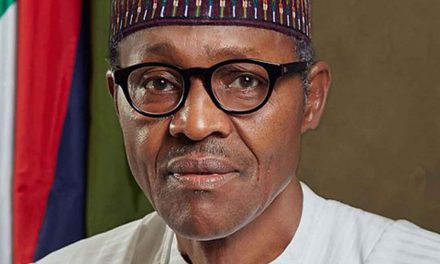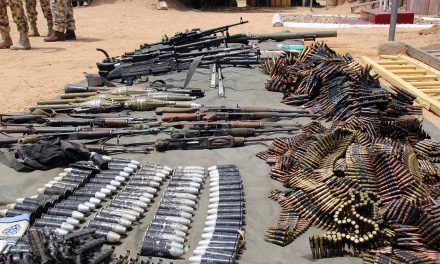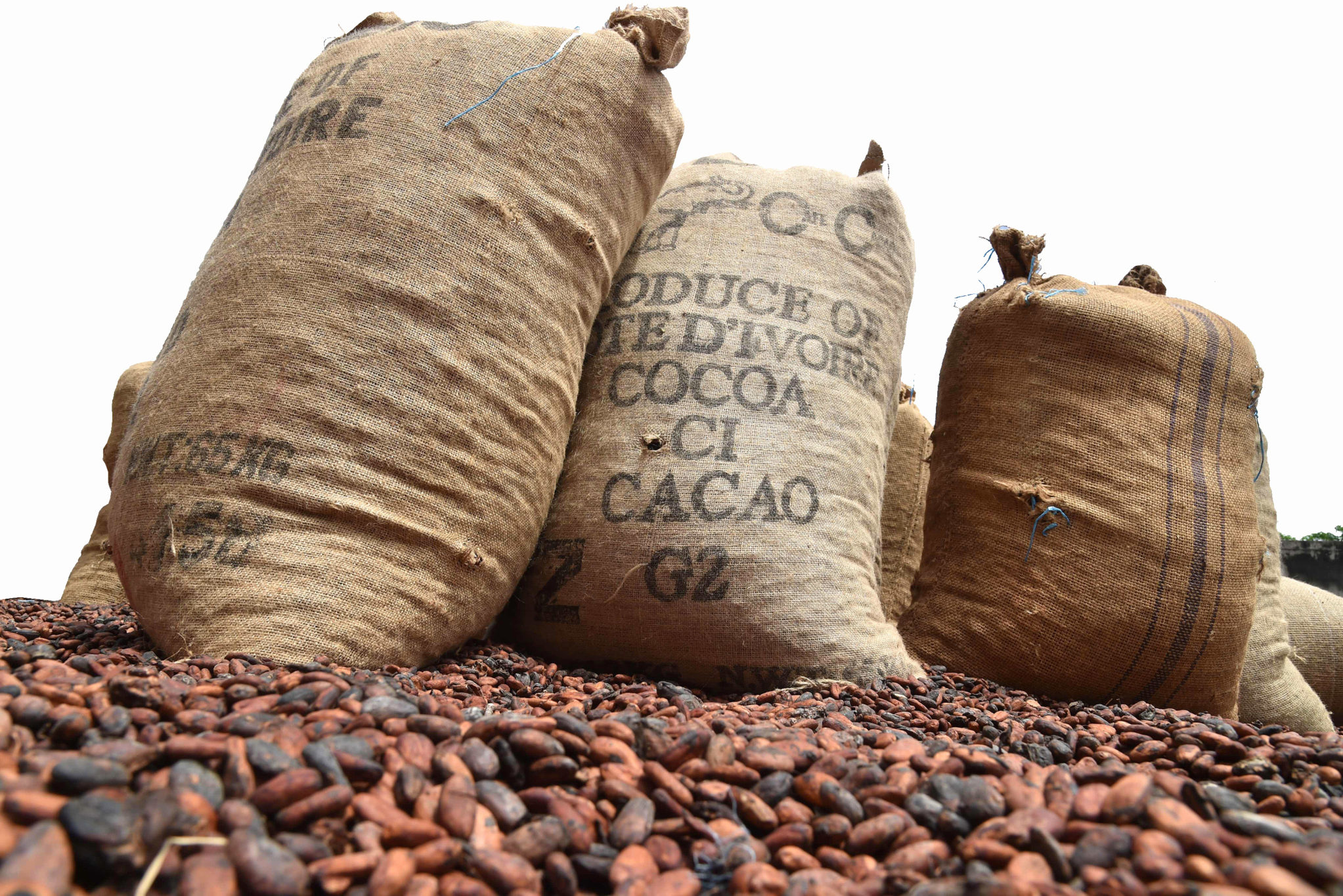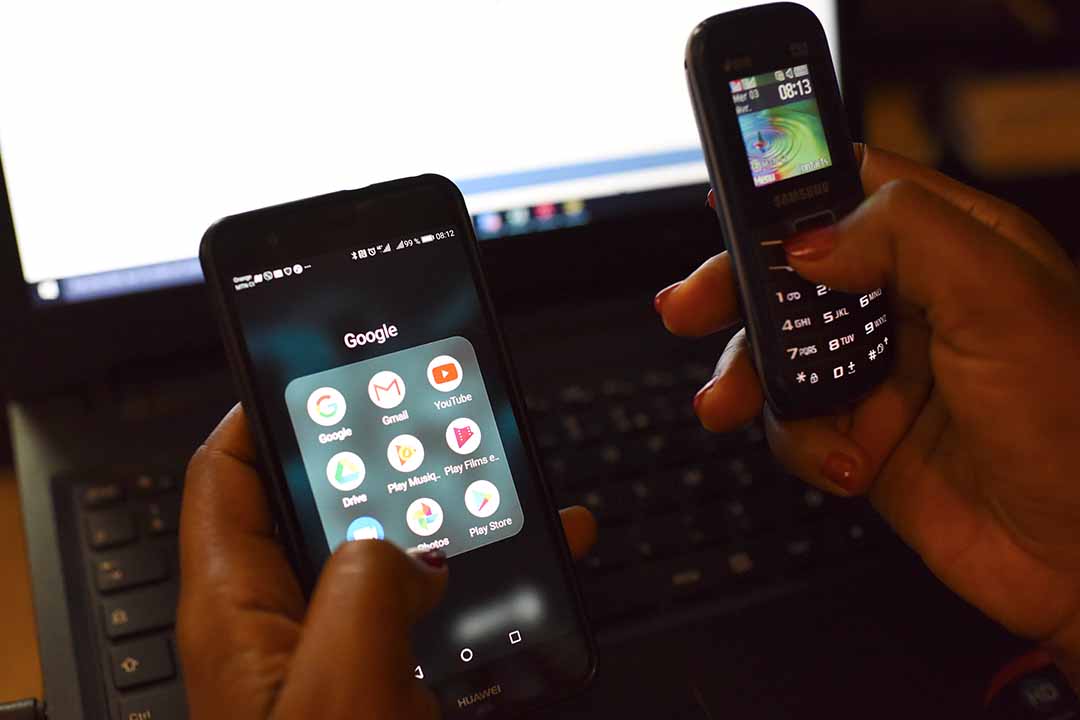
The International Criminal Court in The Hague. © International Criminal Court
The perception that the ICC focuses unfairly on African leaders leaves a loophole for the continent’s dictators to excuse their crimes
In October 2016, South Africa considered a continental economic and political powerhouse announced it was pulling out of the International Criminal Court (ICC). Justice minister Michael Masutha told reporters that “there is a view in Africa that the ICC in choosing who to prosecute has seemingly preferred to target leaders in Africa”.
Human rights groups had seriously criticised the South African government the year before, when it refused to arrest Sudanese President Omar al-Bashir, who was visiting the country for an African Union (AU) summit, despite the existence of an ICC arrest warrant for alleged war crimes. Bashir has evaded arrest since his ICC indictment in 2009 on war crimes charges relating to Sudan’s Darfur conflict, in which 300,000 people were killed and two million forced to flee their homes.
Also in October, the Burundi parliament voted overwhelmingly in favour of withdrawing from the ICC. This was after the ICC opened a preliminary investigation focusing on acts of killing, imprisonment, torture, rape and other forms of sexual violence, as well as “disappearances” alleged to have occurred since 2015, when President Pierre Nkurunziza controversially sought and won a third term in office.
In April 2016 the ICC announced that political violence had killed more than 430 people and displaced more than 230,000 people in the central African country. “African countries will quit the ICC one by one in the coming months and years,” Ernest Ndabashinze, Burundi’s ambassador to the US, added: “Many African governments now view the court as an instrument used to … impose foreign decisions on Africa.” Critics say the move will mean that the victims of state-sponsored violence and human rights abuses in Burundi will not get immediate justice. However, Burundi’s decision is likely to receive support from many African leaders.
Kenya’s President Uhuru Kenyatta, indicted by the ICC together with his deputy William Ruto, is leading a threat by other AU member states to leave the court. Kenyatta was charged for allegedly masterminding post-election violence in the east African country between 2007 and 2008 during which 1,200 people died. The ICC withdrew the case, saying it had failed to gather enough evidence and alleging that witnesses had been intimidated.
AU leaders including Chad’s President Idriss Déby, elected AU chairman in January 2016, supported Kenya’s decision at last year’s AU Summit, although a legally binding decision was not made. “Elsewhere in the world, many things happen many flagrant violations of human rights but nobody cares,” Déby said at the close of the summit.
The most vocal criticism of the ICC has come from leaders who have been accused of violating human rights among them Zimbabwe’s President Robert Mugabe, Kenyatta and Bashir. Analysts believe that ordinary citizens of AU member states will suffer as their rights are violated with impunity in the absence of a viable alternative to the ICC.
The AU established the African Court on Human and Peoples’ Rights (ACHPR) based in Arusha, Tanzania, through a protocol agreed in Burkina Faso in 1998, and the court came into force in 2004. But it has remained toothless because of lack of support from member states.
Advocate Gabriel Shumba who between 2012 and 2013 approached South African courts to compel the South African police to investigate state-sanctioned torture and other crimes against humanity committed by Zimbabwean officials in 2007 said most African states are subject to ICC scrutiny because their domestic systems fail to deal with perpetrators of serious crimes. Ordinary African citizens were suffering because of contradictions between the ICC and African states, he said. “Most of our jurisdictions are either compromised, incapacitated, too slow or weak, as in the case of the ACHPR. The African Court has no criminal jurisdiction yet, but even if it had, states are unwilling to ratify optional protocols that allow citizens or NGOs to bring cases, as is the case at present,” Shumba told Africa in Fact.
“To threaten to pull out leaves citizens of the world at the mercy of perpetrators of genocide, war crimes and crimes against humanity, and cannot be condoned,” he added. “It is a morally and legally futile argument to say that others are doing it with impunity, and therefore I should also do it with impunity.”
According to Dr Martin Rupiya executive director of the African Public Policy and Research Institute, based in Pretoria, South Africa he record of African leaders on the matter shows that they are willing to support and protect each other at the expense of victims of human rights abuses.
“There is simply no political will [at] the AU Summit made up of heads of state and governments for the African Human Rights and Peoples’ Court. The same continues to act as [a] club of heads of state ready and willing to support each other, even where blatant human rights abuses are committed against citizens,” he said. He cited the example of the recent electoral dispute in Gabon, where former AU chair Dr Jean Ping was winning polls in his electoral competition with Ali Bongo
Ondimba, son of the late former president, El Hadj Omar Bongo Ondimba. Ping and his supporters were pinned in their opposition headquarters while killings went on in the streets. That several African leaders attended Bongo’s inauguration was testimony that there was little interest in or care for the plight of the continent’s victims of human rights abuses, Rupiya said.
As of February 2016, only seven of the 30 states that were party to the Protocol to the ACHPR had made the declaration recognising the competence of the court to receive cases brought by civil society organisations and individuals. Information on the ACHPR website indicates that Burkina Faso, Côte d’Ivoire, Ghana, Mali, Malawi, Rwanda and Tanzania have made the declaration.
Algeria, Benin, Burundi, Cameroon, Chad, Comoros, Republic of the Congo, Gabon, Gambia, Kenya, Libya, Lesotho, Mozambique, Mauritania, Mauritius, Nigeria, Niger, Sahrawi Arab Democratic Republic, South Africa, Senegal, Togo, Tunisia and Uganda have ratified the protocol but have yet to make a declaration.
The ICC is therefore likely to remain an important mechanism, “especially for Africans whose leadership appears to pay little attention towards citizen rights, and even lives, as we have noted recently in Kinshasa, Libreville and in the Oromia and Amhara regions of Ethiopia, where several hundred have lost their lives”, says Rupiya. He added: “In a context of unequal power relations the ACHPR should serve as a refuge for citizens. But in practice the member states have deliberately weakened [its] staffing and operational funding.”
Dr Alex Magaisa, a law lecturer at Kent University in the United Kingdom (UK), told Africa in Fact that African leaders were genuinely concerned about the ICC’s operations, but some leaders were using the loophole as “an excuse”. “The inaction of the ICC in respect of the US and UK leaders who led the illegal war in Iraq in 2003 has not done it any favours too. There is a perception that the ICC is keen to police African leaders but not Western leaders of powerful countries,” he said.
He cited the Chilcot Inquiry in the UK, which produced a damning verdict on former British prime minister Tony Blair’s decision to go to war in Iraq. Nevertheless, he said, Blair was appointed special envoy for the Quartet on the Middle East, which includes the United Nations, the European Union, the United States (US) and Russia. “The ICC should apply its rules equally across all continents. However, this does not exonerate African leaders who are frustrating the work of the ICC,” he said.
While the impasse continues, political violence on the continent is surging. “Overall, an increase in political violence and protest across Africa from 2007 has offset a sharp decrease from 2002 to 2006,” says the US-based Armed Conflict Location & Event Data Project, which collects real-time data on political violence and protest in African and Asian countries.
So it is that dictators such as Mugabe and Bashir continue to escape international justice — while ensuring that no African court can hold them to account.











